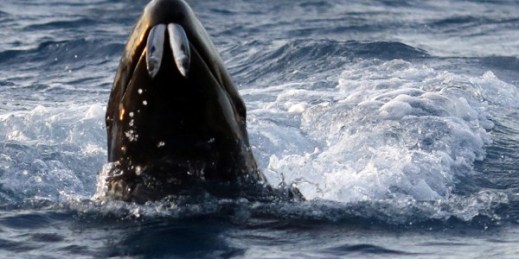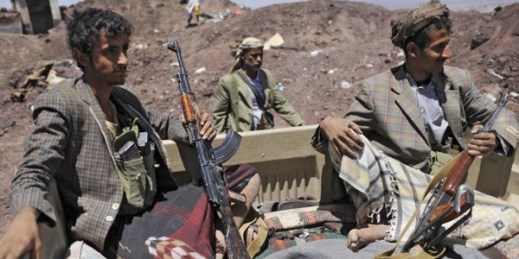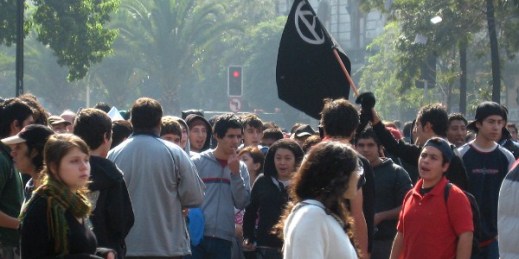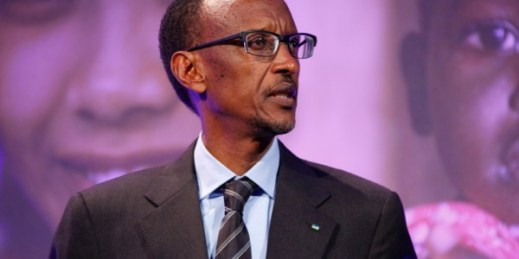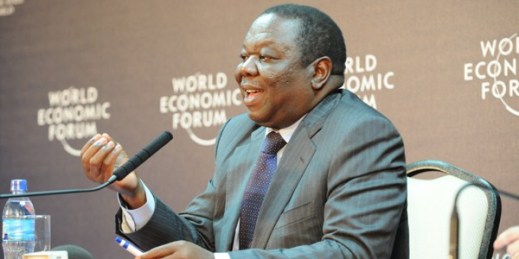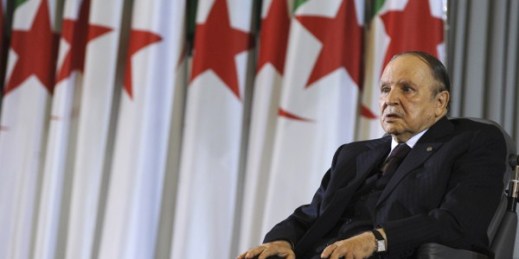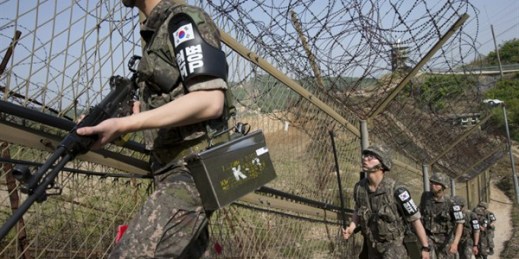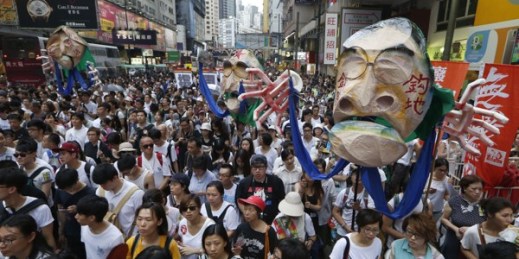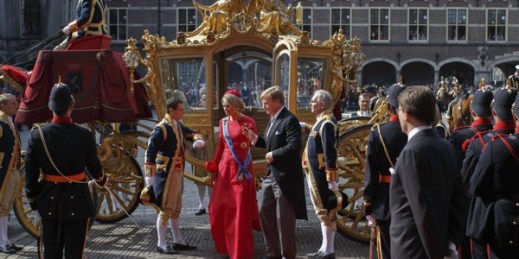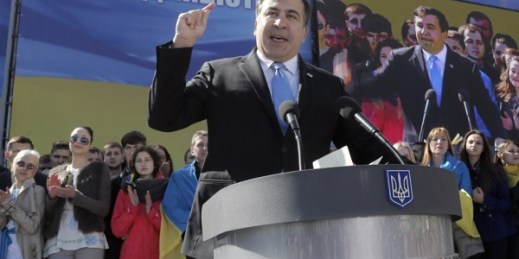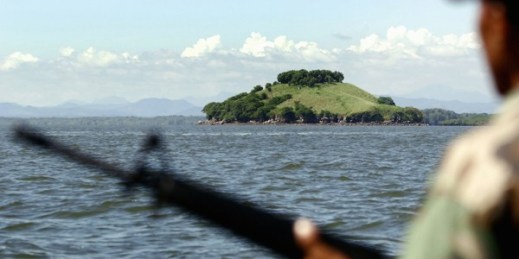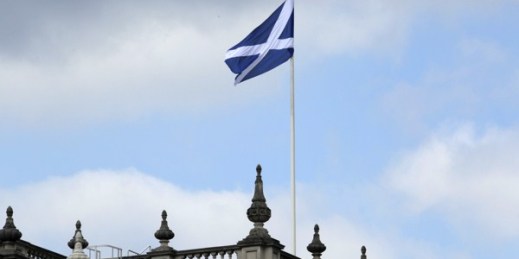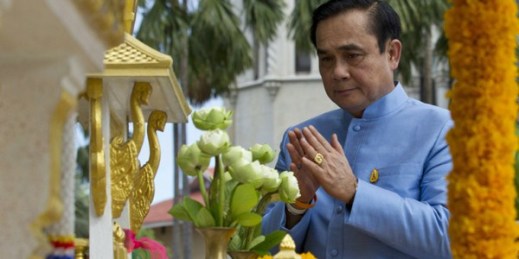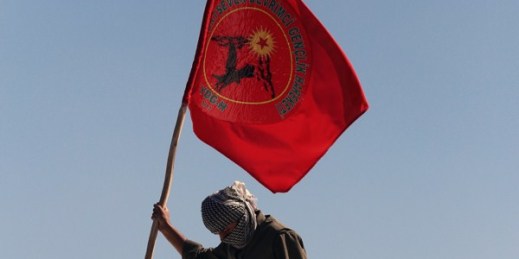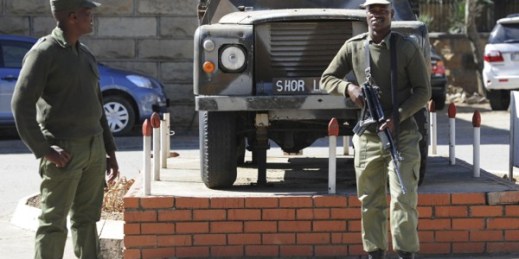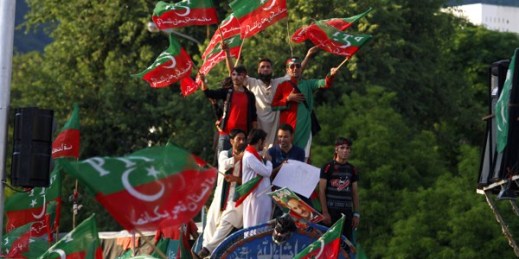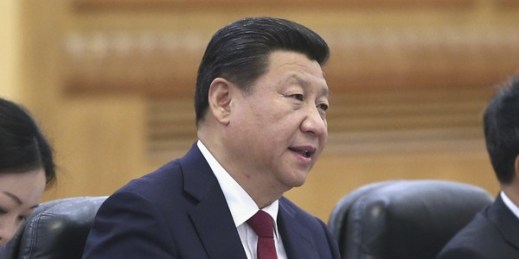
SHANGHAI—Since coming to power, the current Chinese government has steadily managed down both the rate of actual industrial expansion and expectations of future growth in the world’s second-largest economy, with a host of key economic indicators now at multiyear lows. Strikingly, however, in the face of what might be described as an industrial hard landing, job creation and income growth remain remarkably robust. There has never been a shortage of predictions of the impending collapse of the Chinese economy. But year after year, the country has defied the bears and continued its remarkable economic development faster than the majority of […]

